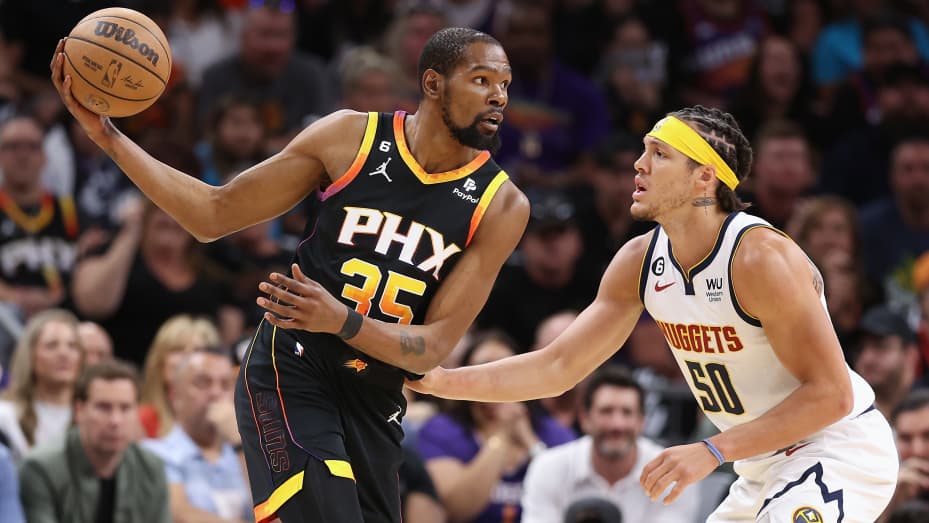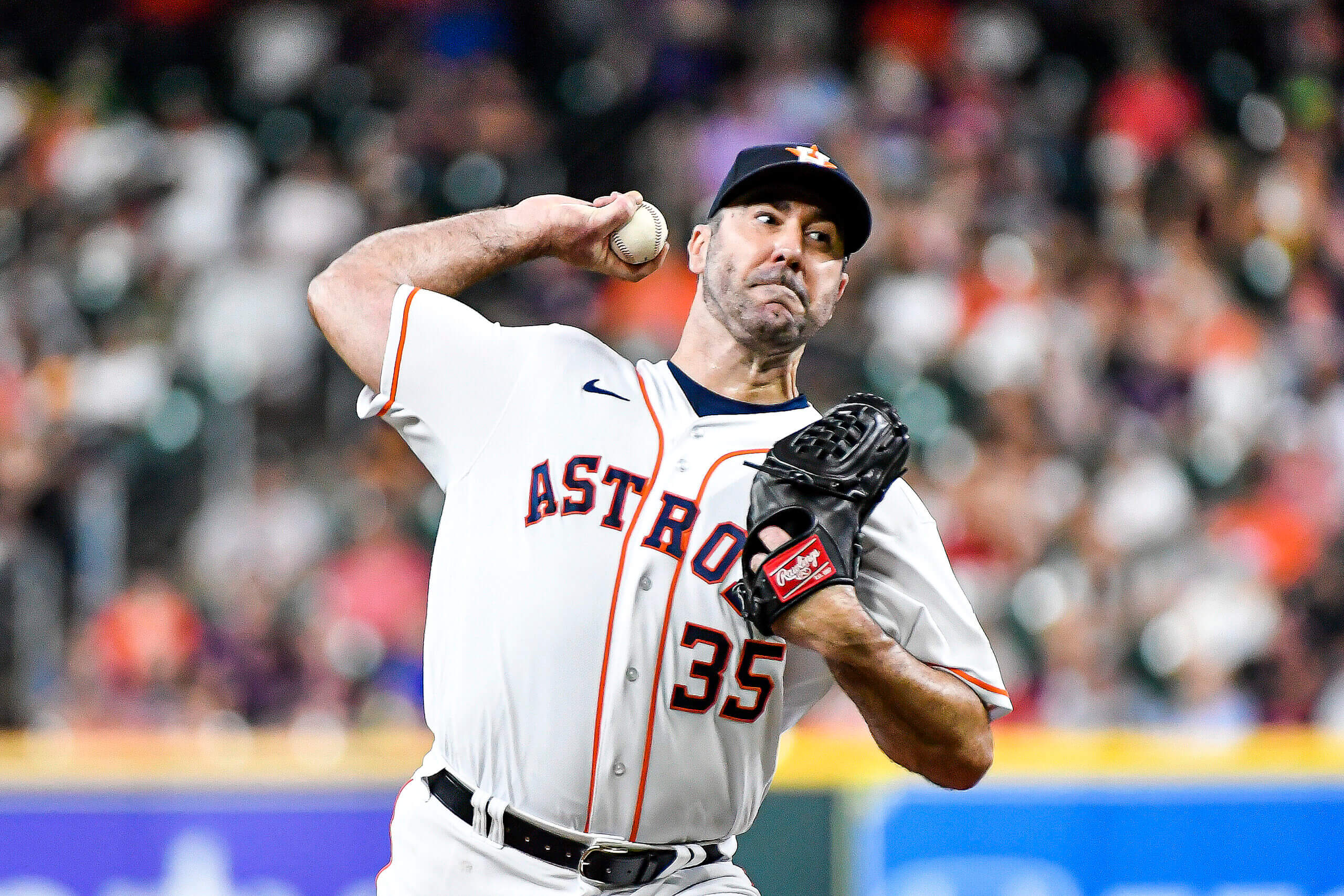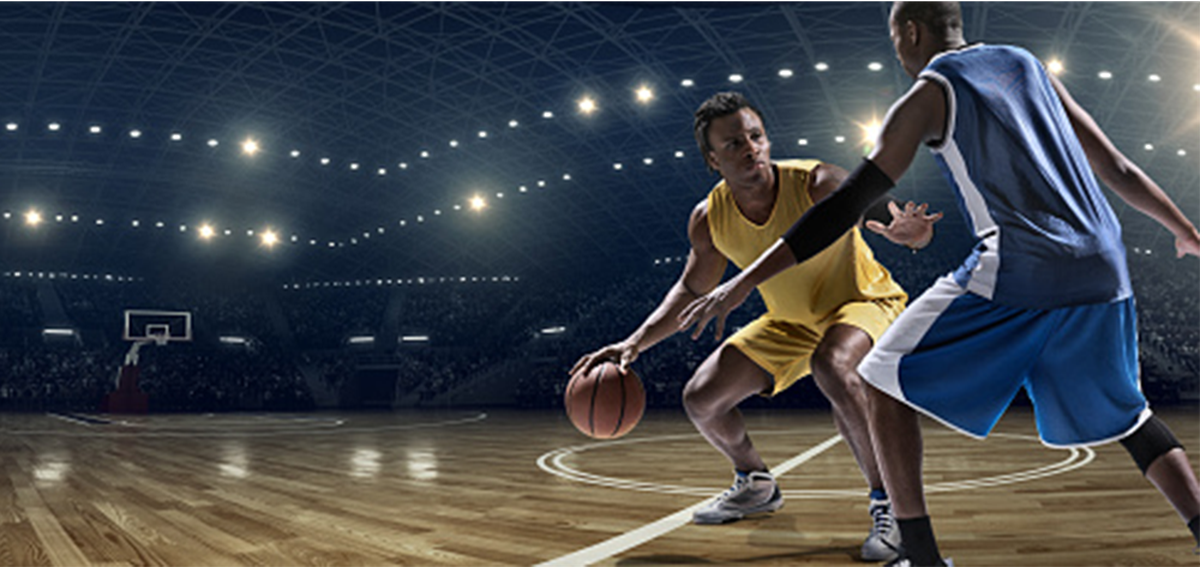Athletic Talent Development Nurturing Coaches and Trainers
Explore how coaches and trainers play a vital role in athletic talent development. Learn from the experts in nurturing athletic potential.

Athletic talent is a unique combination of physical abilities, mental resilience, and skill development. While natural talent plays a crucial role, it is the guidance, mentorship, and training provided by coaches and trainers that often transform raw potential into sporting excellence. This article delves into the multifaceted role of coaches and trainers in nurturing athletic talent, highlighting their significance in shaping athletes' careers and the broader sports landscape.
Understanding Athletic Talent
Before delving into the role of coaches and trainers, it's essential to grasp the concept of athletic talent. Athletic talent isn't confined to physical prowess alone. It encompasses a spectrum of attributes, including agility, strength, speed, coordination, and endurance. Moreover, mental attributes such as determination, focus, discipline, and the ability to handle pressure are equally crucial. Athletic talent is both innate and acquired, and it often manifests itself at an early age. However, without proper guidance and nurturing, even the most promising talents can remain unfulfilled.
The Role of Coaches in Nurturing Athletic Talent
Identifying and Recognizing Talent
Coaches play a pivotal role in the initial stages of nurturing athletic talent by identifying potential in young athletes. They possess the knowledge and experience to recognize the unique attributes that could make an individual excel in a particular sport. This identification process can occur through scouting, youth programs, or grassroots initiatives. Coaches are adept at recognizing potential in areas like biomechanics, physical fitness, and mental toughness.
Skill Development
Once talent is identified, coaches take on the responsibility of honing and developing the athletes' skills. They design training programs tailored to the individual needs and goals of the athletes. This includes working on technical proficiency, tactical understanding, and game strategy. Coaches break down complex movements into manageable parts, provide feedback, and continually refine techniques. Skill development is a continuous process that involves countless hours of practice and refinement under the watchful eye of a coach.
Mentoring and Guidance
Coaches serve as mentors and guides to athletes throughout their careers. They provide emotional support, instill values like discipline and teamwork, and offer guidance on career decisions. Coaches often become a source of inspiration and motivation for their athletes, helping them navigate the ups and downs of a competitive sports career. The bond between coach and athlete is often a critical factor in an athlete's success and personal growth.
Setting Goals and Planning
Coaches are responsible for setting realistic short-term and long-term goals for their athletes. These goals serve as benchmarks for progress and success. Coaches devise training regimens, competition schedules, and recovery strategies to help athletes achieve these goals. They also play a crucial role in strategic planning for important events like championships and tournaments, ensuring that athletes are adequately prepared both mentally and physically.
Tactical and Game Management
In team sports, coaches are instrumental in developing and implementing game strategies. They analyze opponents, devise game plans, and make in-game decisions that can determine the outcome of matches. Coaches not only impart their knowledge but also instill a deep understanding of the sport's nuances in their athletes. This tactical expertise is often the difference between victory and defeat at the highest levels of competition.
Building Mental Toughness
Athletic success is not solely dependent on physical abilities; mental resilience is equally vital. Coaches work on building mental toughness in their athletes, teaching them how to handle pressure, overcome setbacks, and stay focused in high-stress situations. These mental skills are not only essential in sports but are transferrable to various aspects of life.
Injury Prevention and Rehabilitation
Coaches play a role in injury prevention by ensuring that athletes follow proper training techniques and recovery protocols. They also work closely with sports medicine professionals to develop rehabilitation plans for injured athletes, helping them regain their physical condition and confidence.
The Role of Trainers in Nurturing Athletic Talent
While coaches primarily focus on the technical and strategic aspects of sports, trainers are specialists in physical conditioning and fitness. Their role is complementary to that of coaches and equally crucial in nurturing athletic talent.
Physical Conditioning
Trainers are experts in designing and implementing strength and conditioning programs that are tailored to an athlete's sport and position. They focus on improving aspects such as strength, speed, endurance, and flexibility. Trainers work closely with athletes to develop their physical attributes, helping them reach peak performance levels and reduce the risk of injury.
Nutrition and Recovery
Proper nutrition is a fundamental aspect of athletic development. Trainers educate athletes about dietary choices that optimize performance and aid in recovery. They also oversee post-training and post-competition recovery routines, including stretching, massage, and the use of recovery modalities like ice baths or compression therapy.
Injury Prevention and Rehabilitation
Trainers play a crucial role in preventing injuries by ensuring athletes maintain proper form during workouts and addressing any imbalances or weaknesses. In the unfortunate event of an injury, trainers work closely with sports medicine professionals to facilitate rehabilitation, helping athletes return to full fitness as quickly and safely as possible.
Monitoring Progress
Trainers use various tools and technologies to monitor athletes' progress. They collect data on physical performance, analyze it, and adjust training programs accordingly. This data-driven approach helps athletes continually improve and stay ahead of the competition.
Support for Recovery and Regeneration
Athletes put tremendous stress on their bodies during training and competition. Trainers are responsible for implementing recovery and regeneration protocols to help athletes recuperate and prepare for the next challenge. This may involve techniques such as massage, cryotherapy, or active recovery exercises.
Sports-Specific Training
In some cases, trainers specialize in sports-specific training. They focus on the unique physical demands of a particular sport and design training programs that cater to those requirements. This specialized training can give athletes a competitive edge by enhancing sport-specific skills and attributes.
The Symbiotic Relationship Between Coaches and Trainers
The roles of coaches and trainers in nurturing athletic talent are closely intertwined. While coaches oversee the overall development of an athlete, trainers focus on the physical conditioning aspect. Their collaboration is essential for an athlete's holistic development. Coaches and trainers communicate regularly to align training and conditioning programs with the athlete's goals and the demands of the sport. This symbiotic relationship ensures that an athlete receives comprehensive support in their journey to excellence.
Case Studies of Coaches and Trainers Nurturing Talent
Phil Jackson and Michael Jordan
Phil Jackson, often considered one of the greatest basketball coaches of all time, played a pivotal role in nurturing the talent of Michael Jordan. Jackson's coaching philosophy, which emphasized teamwork, mental toughness, and a holistic approach to the game, brought out the best in Jordan. Together, they won six NBA championships with the Chicago Bulls, solidifying Jordan's status as one of the greatest athletes in sports history.
Rafael Nadal and Toni Nadal
Toni Nadal, the uncle and former coach of Rafael Nadal, is renowned for his instrumental role in shaping the tennis superstar's career. Under Toni's guidance, Nadal developed into a tenacious competitor known for his incredible work ethic and physical conditioning. The partnership between coach and athlete resulted in numerous Grand Slam titles and a legacy of perseverance and resilience.
Simone Biles and Aimee Boorman
Simone Biles, one of the most decorated gymnasts in history, owes much of her success to her longtime coach, Aimee Boorman. Boorman not only honed Biles' incredible physical talents but also provided unwavering support and mentorship throughout her career. Their collaboration culminated in numerous Olympic gold medals and world championships.
The Impact of Coaches and Trainers on the Sports Landscape
Coaches and trainers not only influence individual athletes but also have a significant impact on the broader sports landscape. Here are some ways in which their roles shape the world of sports:
Development of Sporting Icons
Coaches and trainers are responsible for nurturing the talent of athletes who go on to become sporting icons and legends. These iconic athletes, in turn, inspire future generations and elevate the popularity of their respective sports.
Advancements in Training Methodologies
Coaches and trainers are continually seeking innovative training methodologies and techniques to enhance athletic performance. Their pursuit of excellence drives advancements in sports science and technology, benefiting athletes across the globe.
Contribution to National and International Success
Coaches and trainers play a crucial role in the success of national and international sports teams. Their expertise in identifying and nurturing talent contributes to a country's medal count in major sporting events like the Olympics and World Championships.
Influence on Youth Development
Youth sports programs often rely on qualified coaches and trainers to develop young talent. These programs instill essential life skills such as teamwork, discipline, and resilience, which extend beyond the realm of sports.
Shaping Sporting Culture
The coaching philosophy and values imparted by coaches and trainers help shape the culture of sports. They emphasize the importance of fair play, sportsmanship, and integrity, setting the standards for athletes and fans alike.
Coaches and trainers are the unsung heroes of the sports world, working tirelessly behind the scenes to nurture athletic talent. Their multifaceted roles encompass skill development, mental conditioning, injury prevention, and much more. The impact of coaches and trainers extends beyond individual athletes, influencing the sports landscape at national and international levels. Through their dedication and expertise, coaches and trainers help athletes reach their full potential, inspiring the world with their extraordinary performances and leaving a lasting legacy in the realm of sports. As we celebrate the achievements of athletes, let us also acknowledge the invaluable contributions of the coaches and trainers who guide them on their journey to greatness.
What's Your Reaction?















